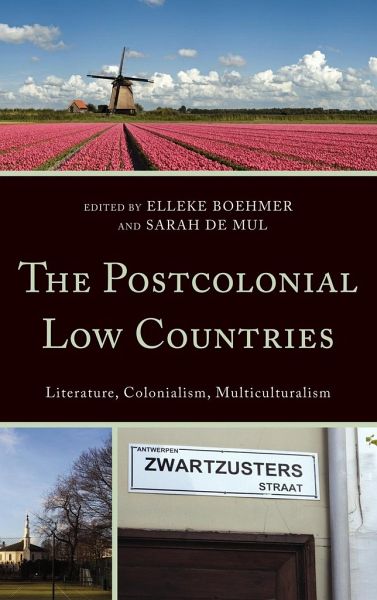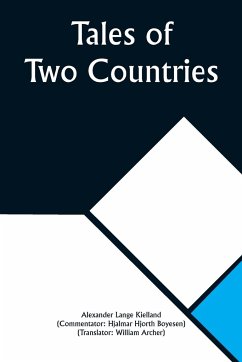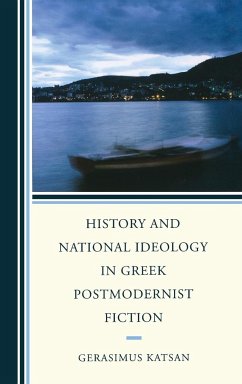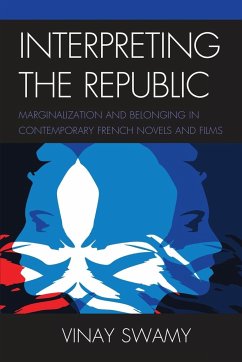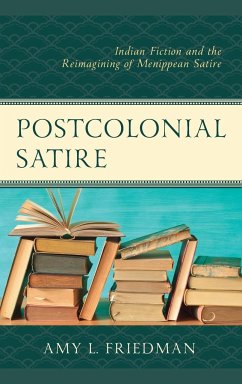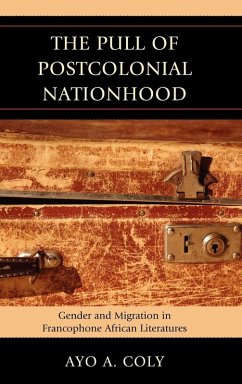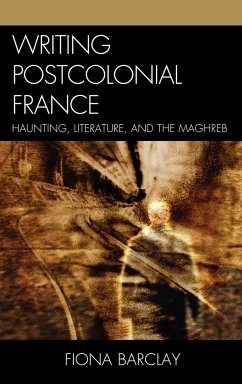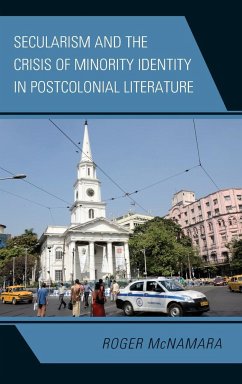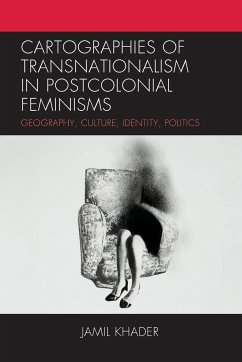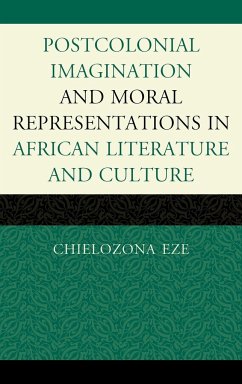Professor of World Literature in English at the University of Oxford, bilingual in Dutch and English, Elleke Boehmer is interested in the postcolonial debates that draw together Britain and the Netherlands. She is the author of four acclaimed novels, Screens again the Sky (short-listed David Hyam Prize, 1990), An Immaculate Figure (1993), Bloodlines (short-listed SANLAM award, 2000), and Nile Baby (2008), as well as the short-story collection Sharmilla and Other Portraits (2010). Her other books include Colonial and Postcolonial Literature (1995, 2005), Empire, the National and the Postcolonial, 1890-1920 (2002), Stories of Women (2005), and the biography Nelson Mandela (2008). She edited Robert Baden-Powell's Scouting for Boys (2004), and the anthology Empire Writing (1998), and co-edited JM Coetzee in Writing and Theory (2009), Terror and the Postcolonial (2009), and The Indian Postcolonial (2010). She is currently working on a memoir fiction part set in the Netherlands. Sarah De Mul received her PhD at the University of Amsterdam and previously held a NWO Rubicon fellowship at the University of Leiden. She is currently FWO-Postdoctoral Fellow at K. U. Leuven University and Lecturer at the Open University the Netherlands. De Mul wrote a study of colonialism and memory in contemporary women's travel writing (Colonial Memory, Amsterdam University Press, 2011) and a Dutch-languagemonograph on multiculturalism in Flanders Een leeuw in een kooi. (Meulenhoff-Manteau, 2009, together with K. Arnhaut, S. Bracke, B. Ceuppens, N. Fadil; M. Kanmaz). She is co-editor of Commitment and Complicity in Cultural Theory and Practice (Palgrave Macmillan, 2009, with B. O. Firat and S. van Wichelen) and Literature, Language, and Multiculturalism in Scandinavia and the Low Countries (Amsterdam/New York: Rodopi, 2012, with W. Behschnitt and L. Minnaard). Her publications and research interests are situated in the field of comparative postcolonial studies with a particular focus on literatures in Dutch and English. Her current projects explore postcolonialism and transnationalism in the Low Countries, migrant writing in Flanders and European (colonial) writing about Africa/the Congo during the fin de siècle.
